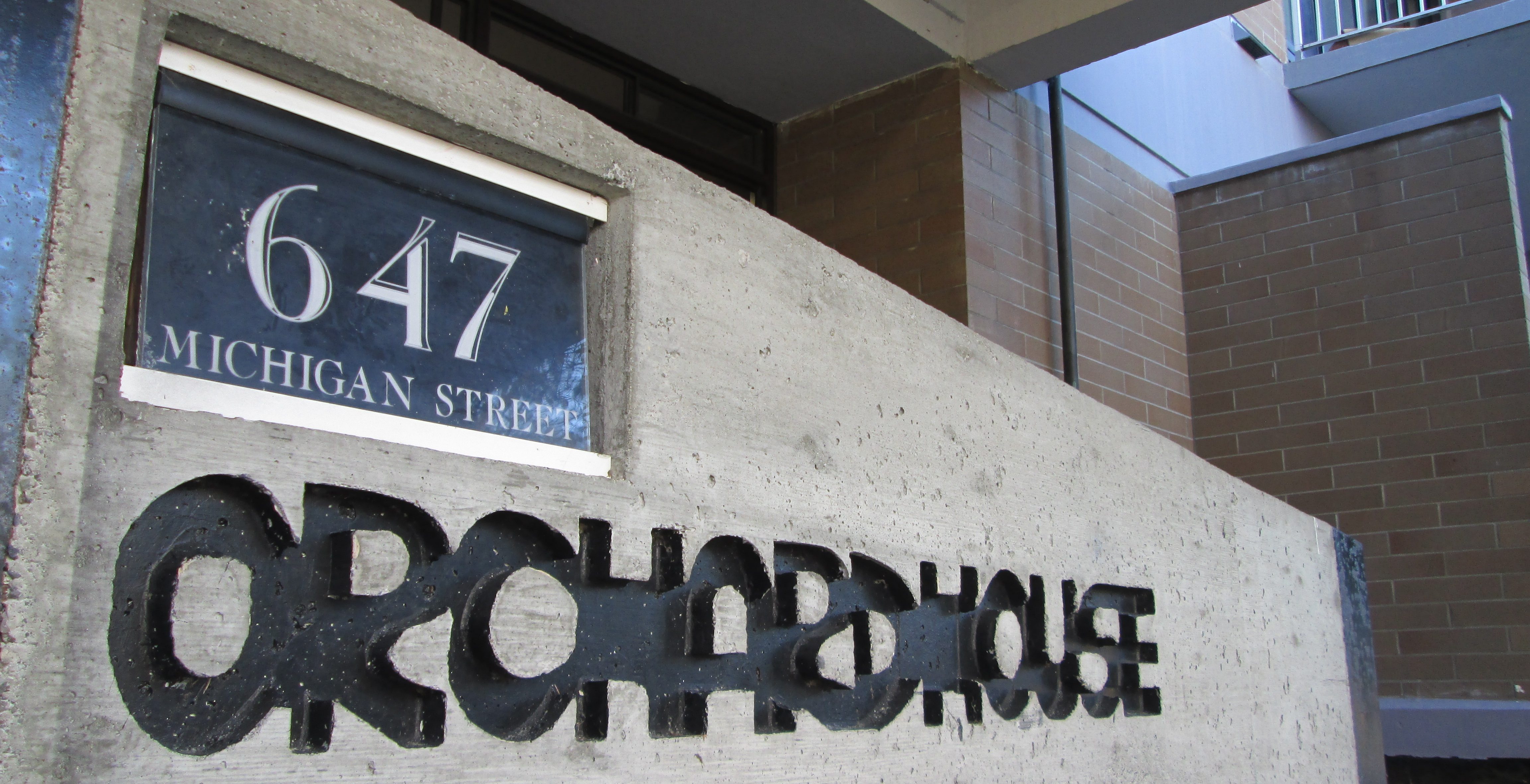Updated March, 2024 While the concept of “unconscionability” of lease clauses has long existed in the common law, court rulings during 2020 strengthened its application in “standard-form” contracts such as the long-term residential leases that govern Orchard House and a few dozen duplicate or very similar 99-year leases in B.C.
As has been widely reported, the Supreme Court of Canada (“SCC”) ruled on 26 June 2020 in favour of an Ontario Uber driver who had objected that his contract to drive for the company had an onerous requirement to submit any dispute to arbitration in the Netherlands, which would be expensive or impractical. The SCC ruling that clause to be “unconscionable” allows Uber drivers to proceed with a class-action suit that claims they are employees, not independent contractors.
In quashing the clause, the Supreme Court of Canada commented regarding the nature of standard-form contracts, saying in part, “The doctrine of unconscionability has particular implications for standard form contracts. The potential for such contracts to create an inequality of bargaining power is clear, as is the potential to enhance the advantage of the stronger party at the expense of the more vulnerable one…”.
May I pause here to address B.C. Minister of Housing David Eby and my MLA, Grace Lore: This is the Supreme Court of Canada speaking about people in the same situation as that of long-term residential lessees, referring to “inequality of bargaining power” and “the advantage of the stronger party at the expense of the more vulnerable one”. We lessees suggest again that our unequal standard-form lease relationships with our landlords merit regulation… just as the first NDP government of B.C. legislated for all shorter-term residential leases in 1974.
But back to the civil law. Only weeks before the Supreme Court of Canada decision, the B.C. Court of Appeal (“BCCA”) had decided in May of 2020 that nine long-term residential leases are identical to the Orchard House lease, and that these are all standard-form contracts. The new Supreme Court of Canada ruling thus applies to these 10 leases and to others that are almost identical. For this “finding of fact” by the B.C. Court of Appeal we thank our neighbour, lessee Hugh Trenchard, who obtained this ruling while losing the argument that as a tenant with a declining-value leased suite he should not pay about $35,000 to replace old single-pane windows with modern double-pane panels so heavy that they required the addition of supporting angle-iron beams.
The potential “unconscionability” of a lease clause is being put forward as one defense by some lessees (me among them) against Westsea’s interpretation of its leases as allowing it to bill its lessee tenants the company’s unlimited legal costs and its litigation expenses to oppose any lessee on any issue. An article about that can be read here (opens new tab).
The Supreme Court of Canada “Uber” ruling can be read here.
